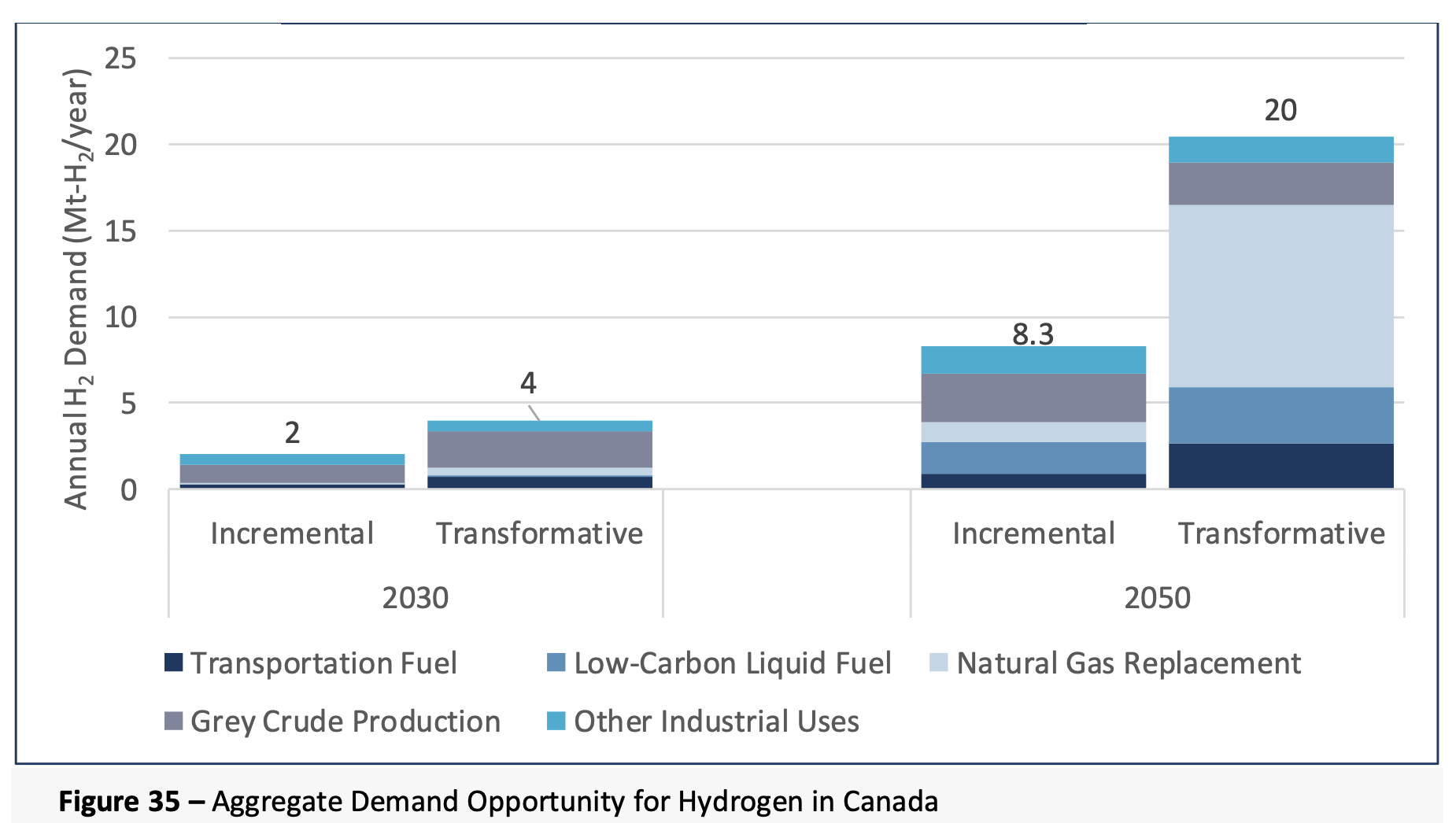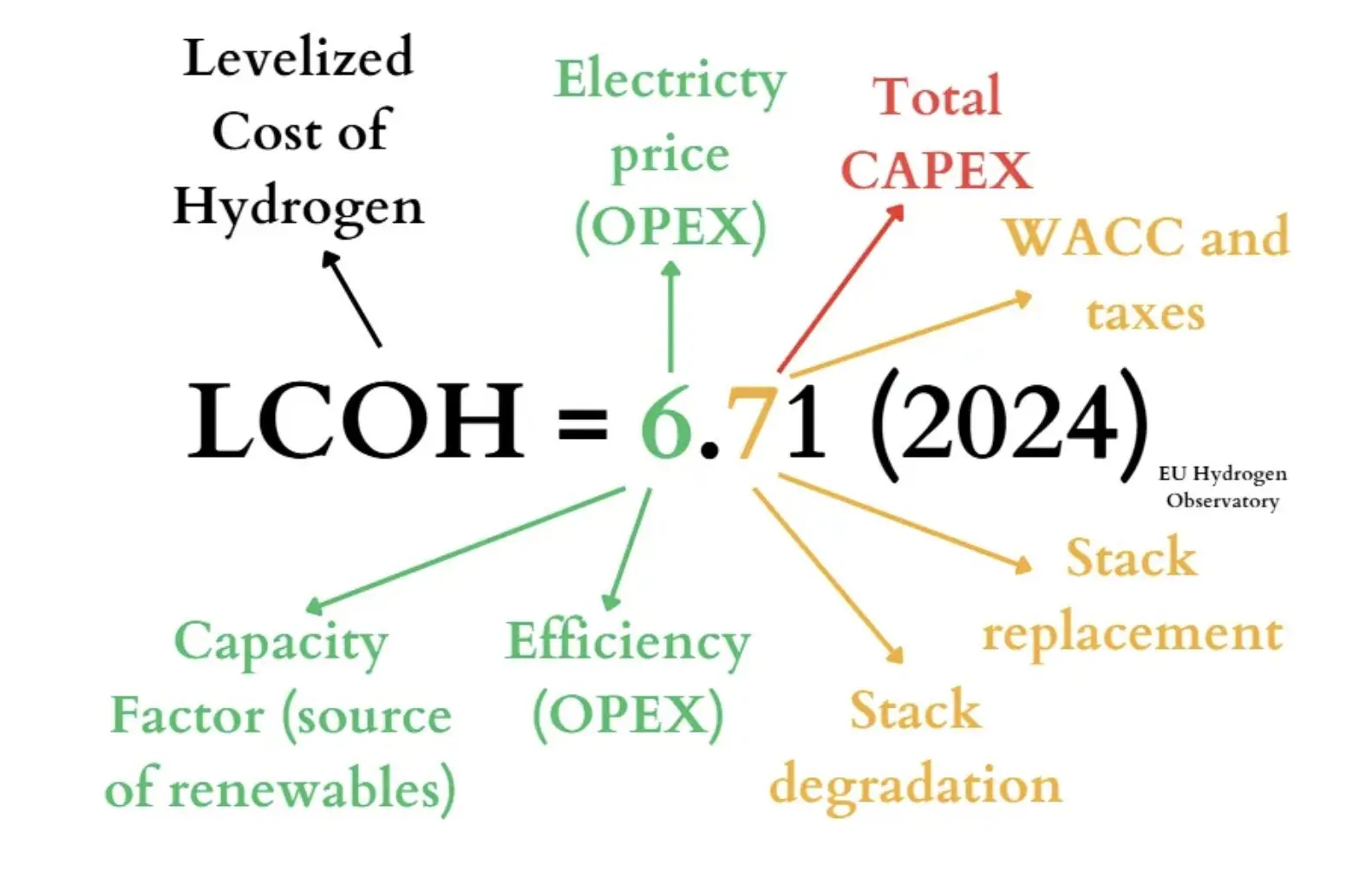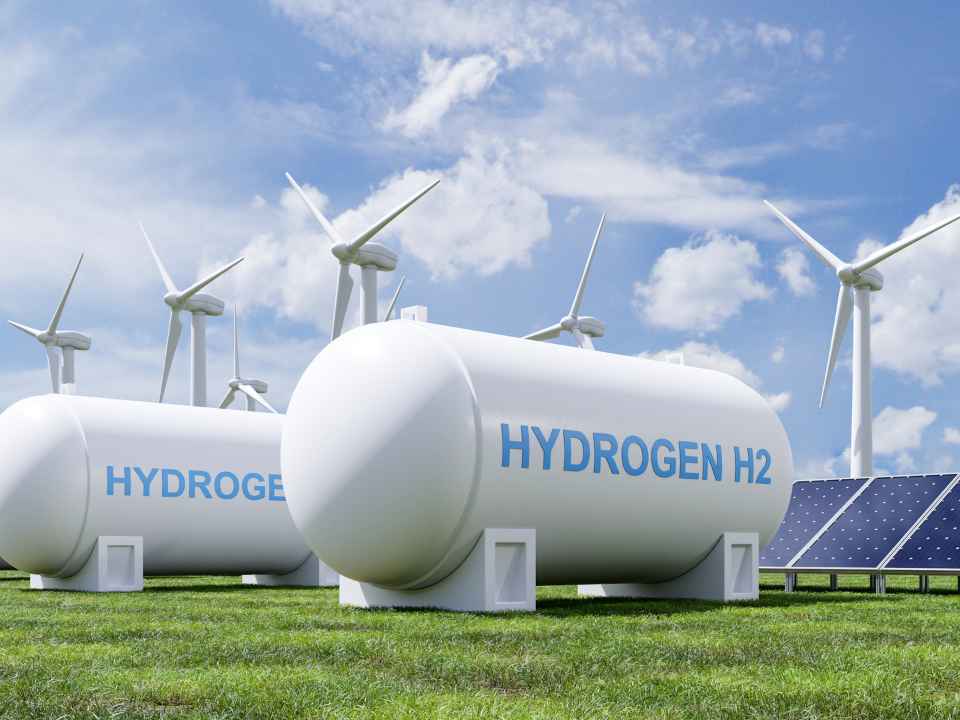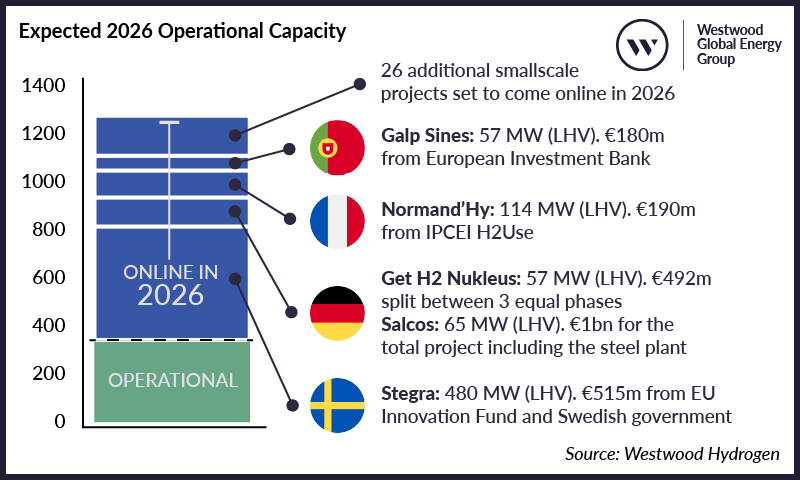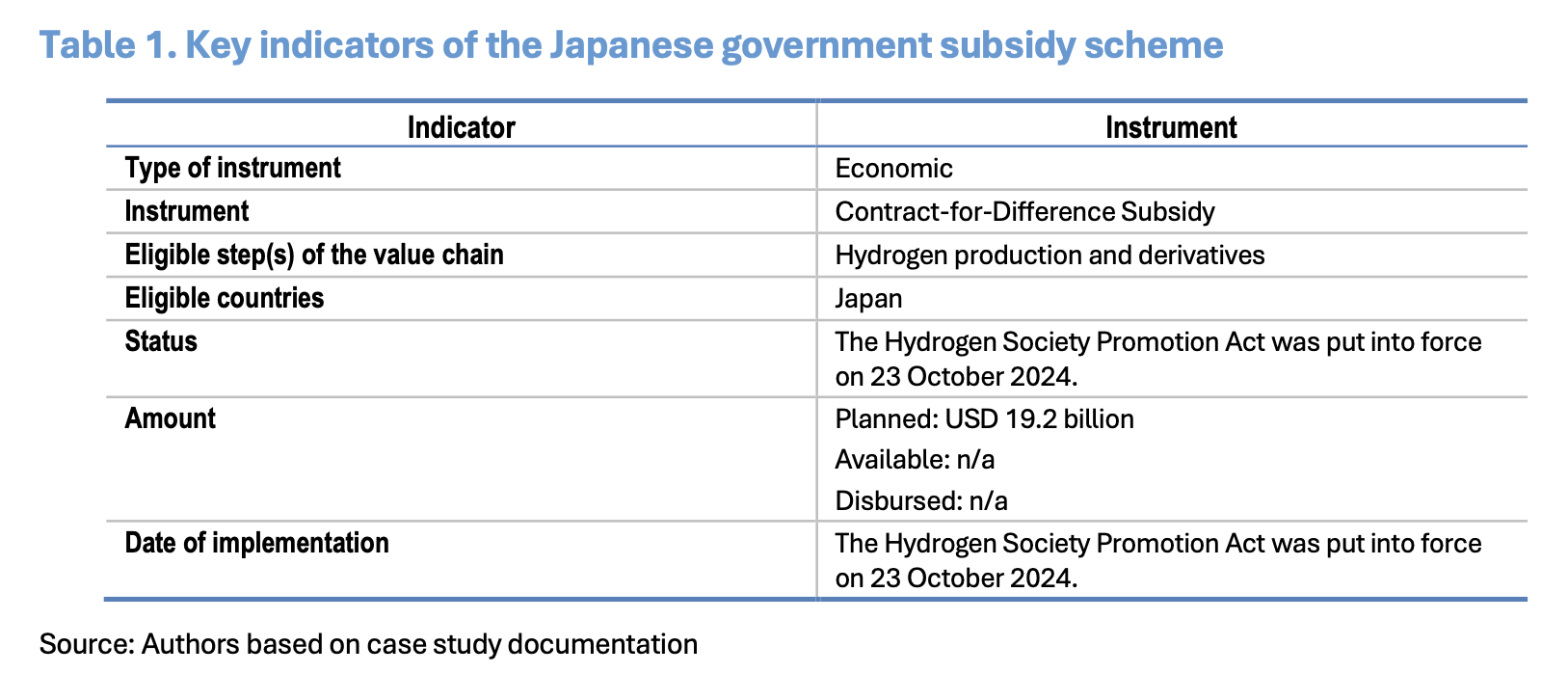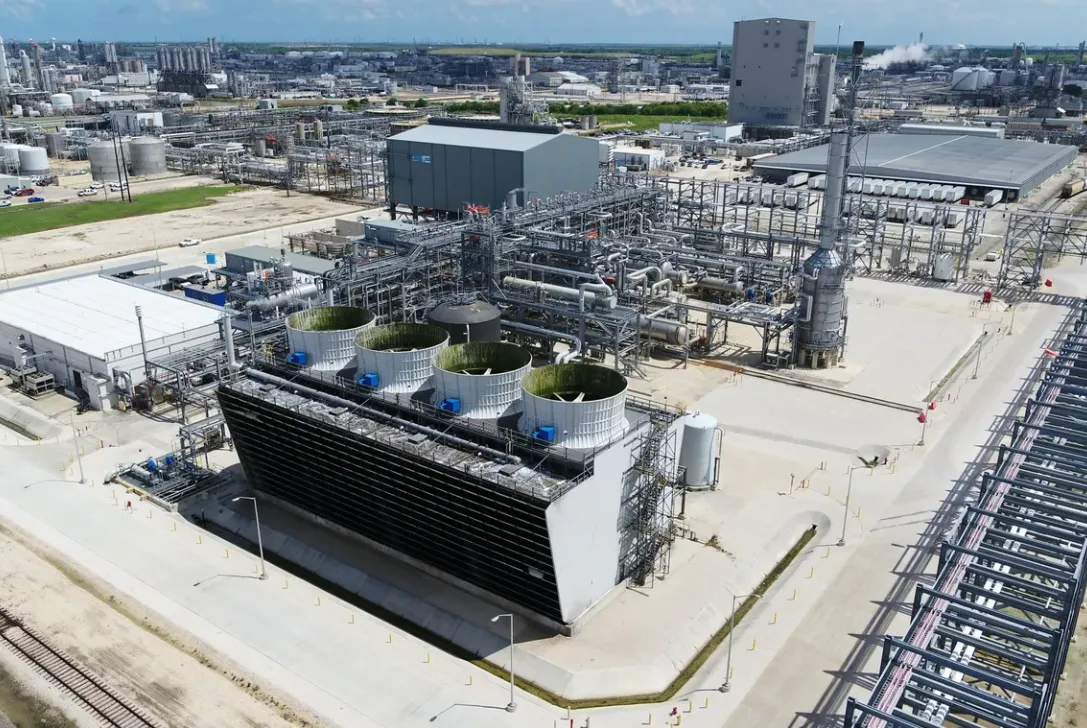

U.S. hydrogen developers need more clarity on federal production tax credits (PTC) before moving forward with projects but are hopeful they can convince the incoming administration of the benefits they represent.
A raft of hydrogen projects were announced in the US after President Joe Biden announced billions of dollars in federal funding and tax credits for hydrogen within the 2022 Inflation Reduction Act.
But much of that euphoria fizzled after the US Treasury last December proposed rules mimicking European standards that some in the industry argue are too stringent and would make many projects, especially those using natural gas, uneconomical.
“Everyone looked at the US as a very promising market but the reality is that as time goes by uncertainty is growing,” said Ana Quelhas, managing director of hydrogen at EDP, on a panel this week at the Reuters EnergyLive conference in Houston, Texas. “There’s a big question mark related to the implementation of 45V and that’s very bad for investors.”
The US still has the opportunity to be a leader in hydrogen if it can implement rules around how the 45V credit is applied correctly, said Tomeka McLeod, vice president of hydrogen at BP.
If so-called blue projects — which make hydrogen from natural gas — can get the full $3/kg credit, “… it would make our projects some of the most competitive globally,” McLeod said.
Rules related to the use of renewable and certified natural gas in hydrogen production still need to be “hammered out,” she said.
BP aims to have 5-10 projects online by the end of decade but McLeod says they will be evaluated by the same internal standards of any other project. “We need to make sure that the economics of those projects work, they need to be able to compete within our portfolio,” she said.
BP is part of the Midwest Alliance for Clean Hydrogen (MachH2) that recently received $1bn in Department of Energy (DOE) funding and plans to produce hydrogen from natural gas with carbon capture to power its Whiting refinery in Indiana.
Christmas gift or lump of coal
Many of those gathered at the conference in Houston this week said they hoped further guidance would arrive “like a Christmas present” in the waning weeks of the year, and the Biden administration would sew up any lingering details before leaving office.
Nonetheless, they still expect to be subjected to further scrutiny under the Trump administration, which has made clear its disdain for clean-energy mandates.
Learning to speak to the concerns of the new administration will be crucial to success, industry leaders said, including explaining hydrogen’s role in promoting national security and job creation.
“We need to educate this incoming administration and collaborate and make sure that the momentum that is already here continues, and [show] that we can actually do the right thing from a national energy security perspective,” said Sanjay Shrestha, president of Plug Power, a company that develops hydrogen fuel cells to replace conventional batteries.
Keystate Energy chief executive Perry Babb, whose company is looking to produce clean hydrogen in Pennsylvania, said aligning with the administration’s goals as well as a solid business case will be key to survival.
“We will need to speak the language of the administration,” Babb said.
Source: Jasmina Kelemen, Argus Media

